International Day for Tolerance Lesson Plan
Tolerance is respect, acceptance, and appreciation of the rich diversity of our world's cultures, our forms of expression, and ways of being human. Share the importance of the International Day for Tolerance with your students. Bring classrooms to life with MY HERO's Multimedia Resources and Lesson Plan for Teachers. Includes discussion guide and learning outcomes.
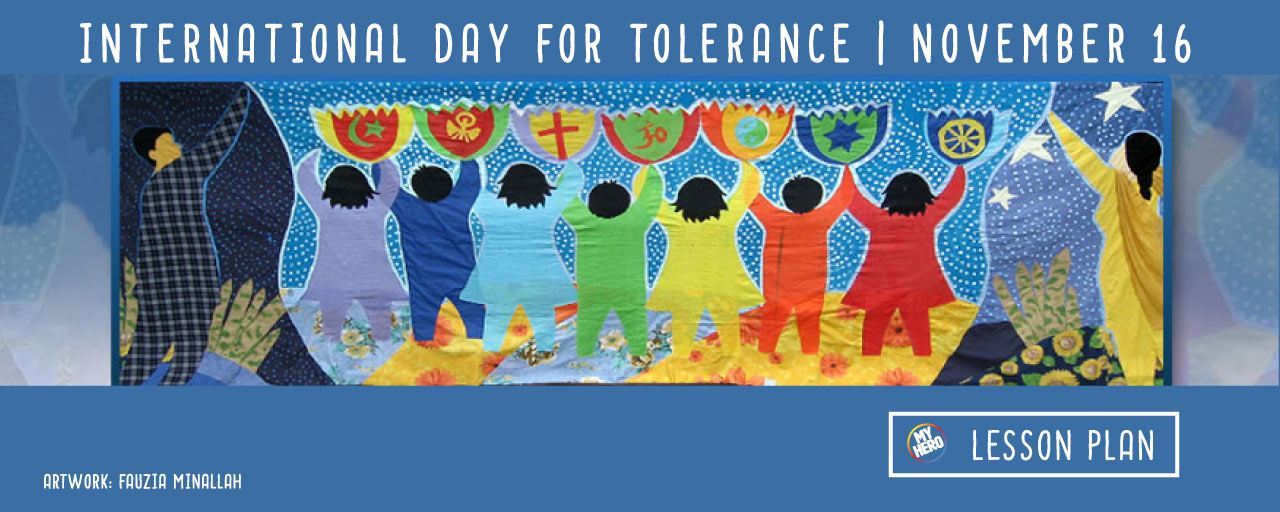
“Tolerance is respect, acceptance and appreciation of the rich diversity of our world's cultures, our forms of expression and ways of being human.”
UNESCO's 1995 Declaration of Principles on Tolerance.
Students watch the following films and consider the discussion questions and activities.
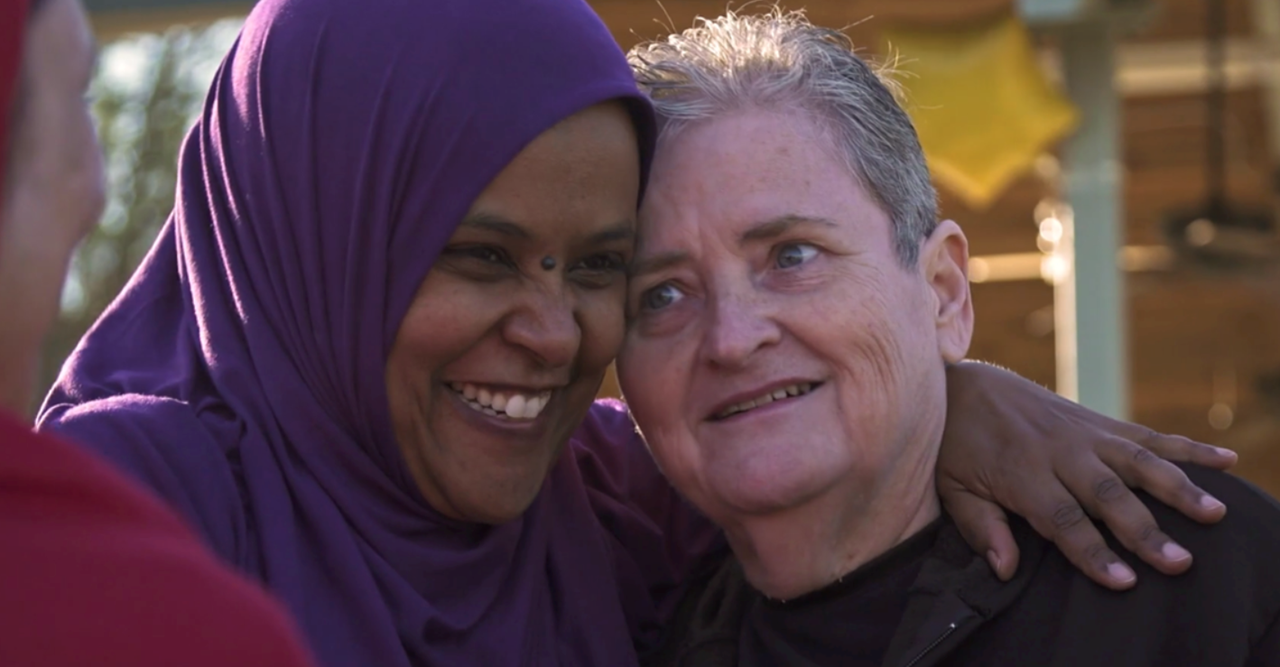
What happens when a mosque moves across the street from a church in the Bible Belt? (5:09 minutes)
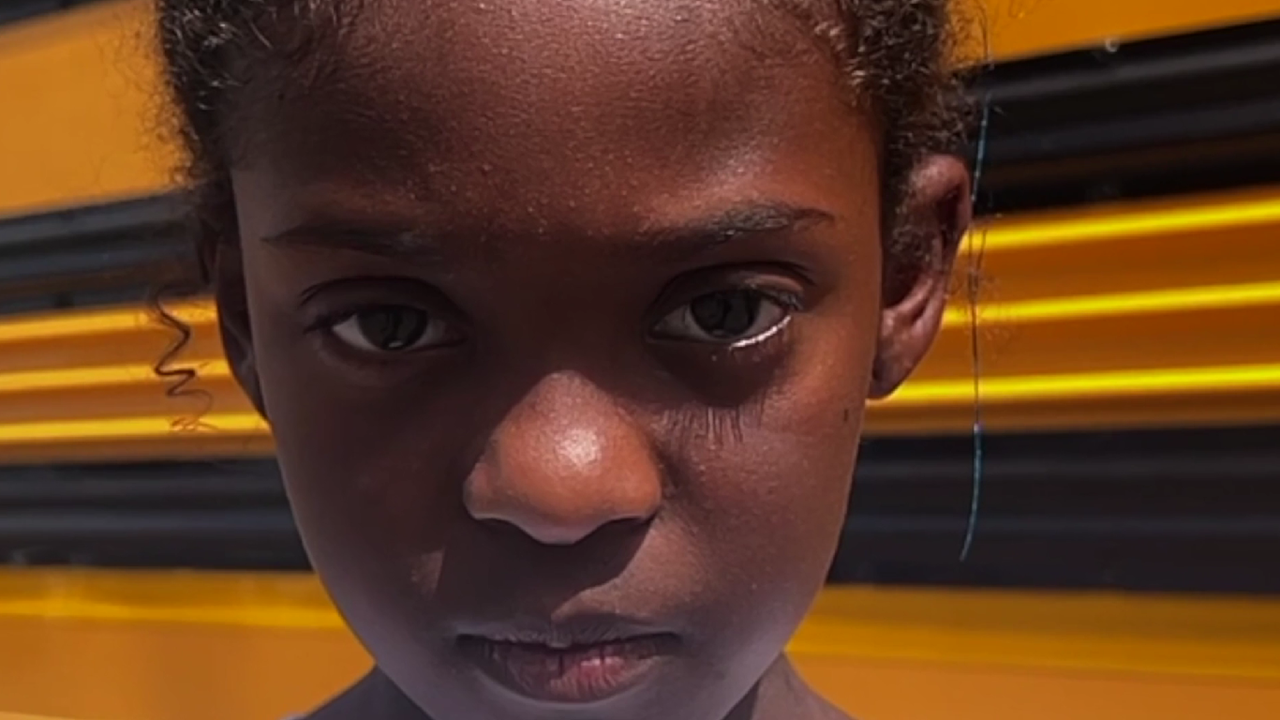
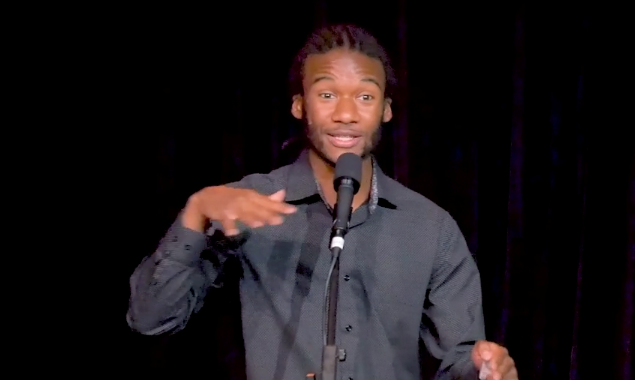
Watch filmmaker/spoken word artist Trey Carlisle's electrifying performance of his original poem promoting tolerance. (1:59 minutes)
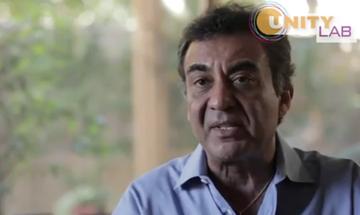
A grieving father overcomes tragedy by creating something beautiful in his son's name. (7:45 minutes)
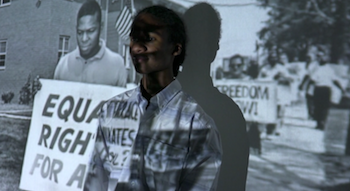
A look at dehumanization through the eyes of a black teen and the history of genocides. (5:18 minutes)
1. The heroes featured in these films all highlight the need for peace and tolerance. Why is their story important in today's world?
2. The film Tools of Forgiveness is about a father who started a foundation in his son's memory to raise awareness about resisting violence and living in harmony with one another. Do you know someone who has overcome adversity and works towards a more tolerant world? Share their story with MY HERO.
3. The film Us and Us highlights why it is important to understand those who come from different cultures or backgrounds. Are there organizations in your community that bring together people from different backgrounds? Share the story with MY HERO.
4. The film Upstanders: The Mosque Across the Street brought together two groups that might not have otherwise known each other. How does interacting with people from different cultures or religions bring us together and make a more peaceful world? Are there groups of different backgrounds in your community who have helped each other or worked towards a common goal? Share the story with MY HERO.
5. Racism must stop, what can be done to stop racism? What can you and your classmates do to stop racism?
6. History Will Be Repeated is a spoken word poem written and performed by Trey Carlisle. Consider creating your own spoken word poem about a cause you feel is important. Film and share your poem with MY HERO.
Students read the following stories about heroes who have dedicated their lives to tolerance and understanding, then consider the discussion questions and activities.
One story is in text and audio so students can listen as they read along.
Great for ESL/EFF Students.

Gerda Weissmann Klein is a Holocaust survivor and a hero to her great-great niece.
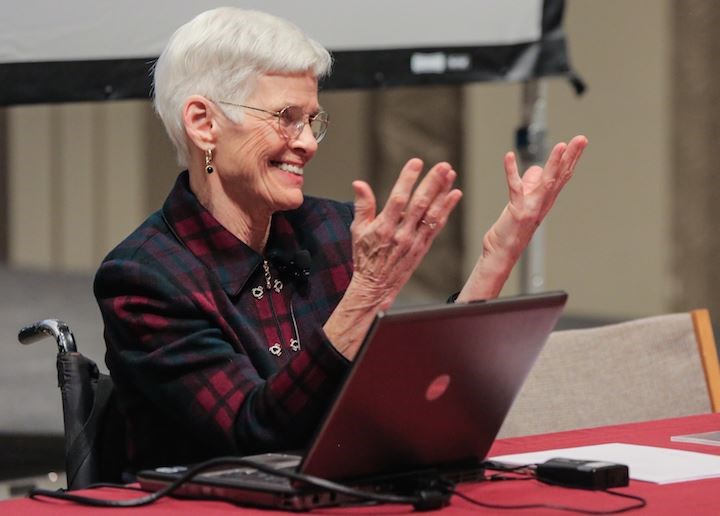
Judith Ann Mayotte is a former Catholic nun, television producer and humanitarian who wrote "Disposable People? The Plight of Refugees" in 1992. Available in Text with Audio.
1. The heroes featured in these stories have overcome adversity and are examples of being accepting of others. Are there people in your community or country that work for tolerance and the acceptance of everyone? Share their story with MY HERO.
2. How are these heroes alike, and how are they different?
3. Peter Copeland believes in the power of a diverse global community learning together for a common goal: that cultural exchange enhances tolerance. Have you had the opportunity to engage with students from another culture? Share the story of what you learned from this experience with MY HERO.
4. Guru Nanak, the founder of Sikhism, worked to break caste barriers. The Dalai Lama believes in compassion, tolerance and being accepting of all people. Is there someone in your religion who works to break barriers and promote tolerance and acceptance? Share his or her story with MY HERO.
Students analyze the artwork below before creating their own original artwork representing peace and tolerance to submit to the MY HERO Gallery.

Learning Outcomes
Students will learn the importance of appreciating and respecting people of other cultures and religions as a way to promote tolerance. Students will develop critical thinking skills as they analyze text, film, and art on the subject of tolerance. Students will identify people working towards tolerance and peace globally and within their own community.
|
|
The International Day for Tolerance lesson plan was created by MY HERO Education Outreach Director Laura Nietzer. |
MY HERO Related Pages
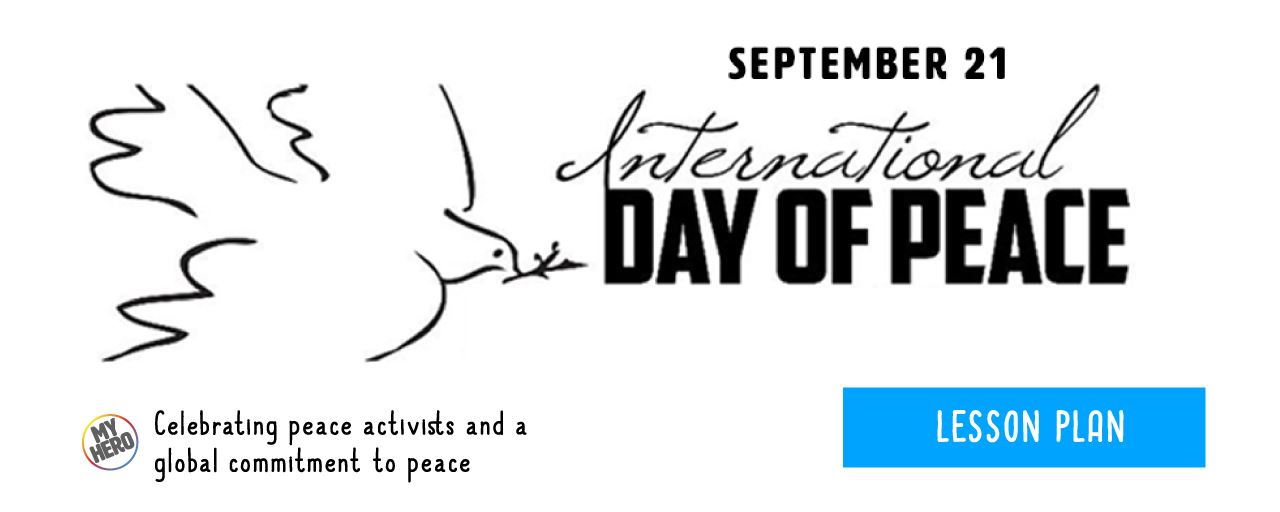
Multimedia Resources and Lesson Plan for Elementary, Middle and High School Students. Includes discussion guide and learning outcomes.
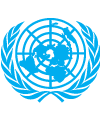
Official Website | United Nations International Day for Tolerance - November 16
The United Nations is committed to strengthening tolerance by fostering mutual understanding among cultures and peoples. This imperative lies at the core of the United Nations Charter, as well as the Universal Declaration of Human Rights, and is more important than ever in this era of rising and violent extremism and widening conflicts that are characterized by a fundamental disregard for human life.
MY HERO Calendars for use in the Classroom
Students can share their Hero Essays, Films and Art through our Create Program
Organizer created on 9/30/2019 4:50:33 PM by Anthony Pouw
Last edited 11/7/2024 4:10:05 PM by Laura Nietzer